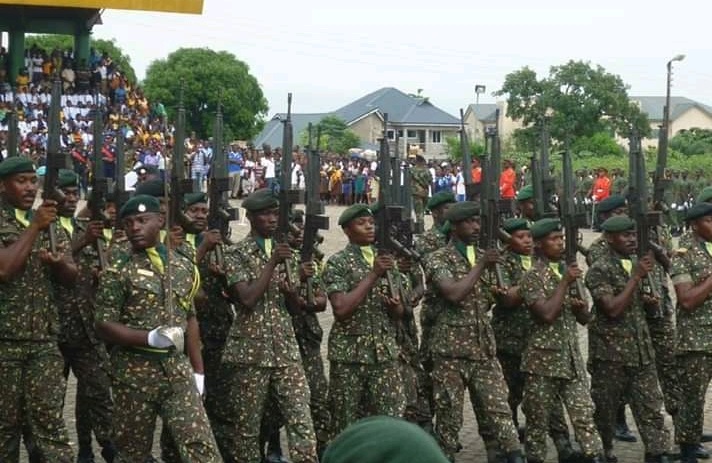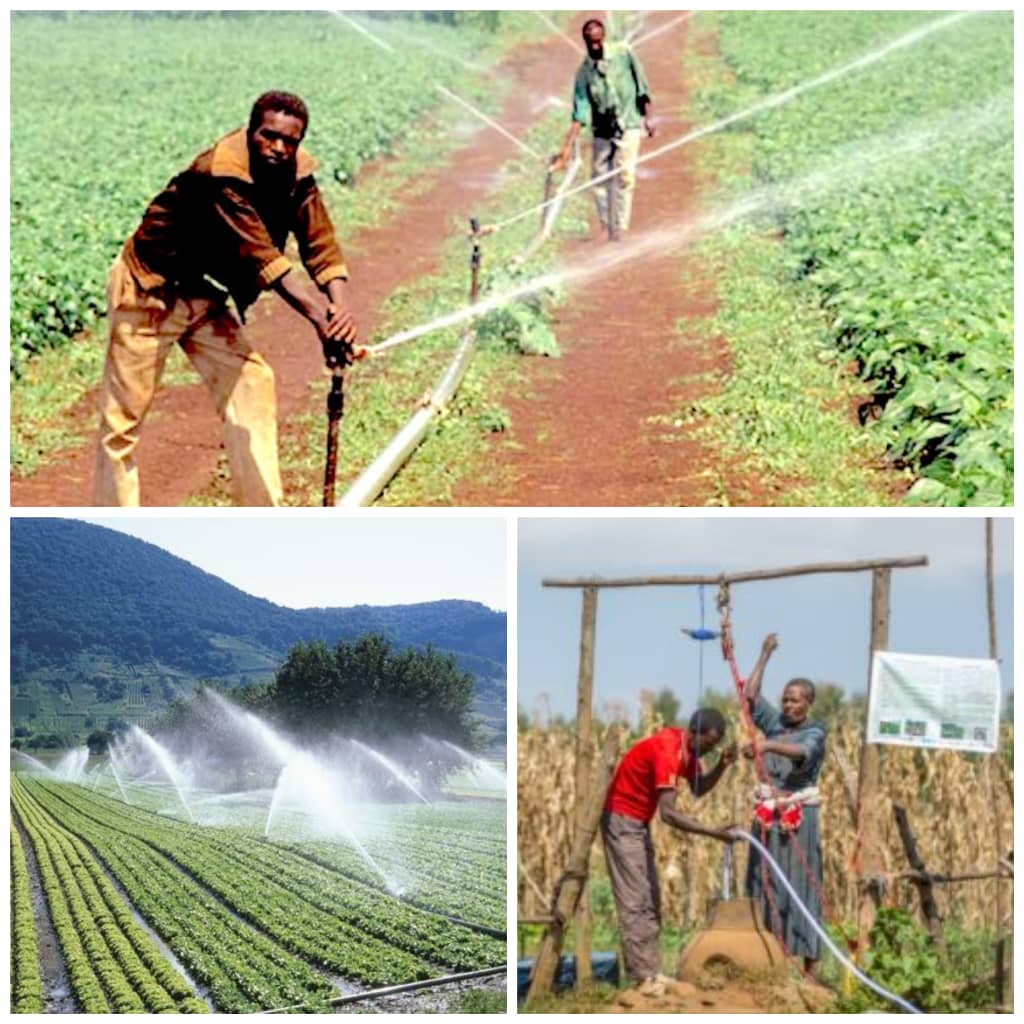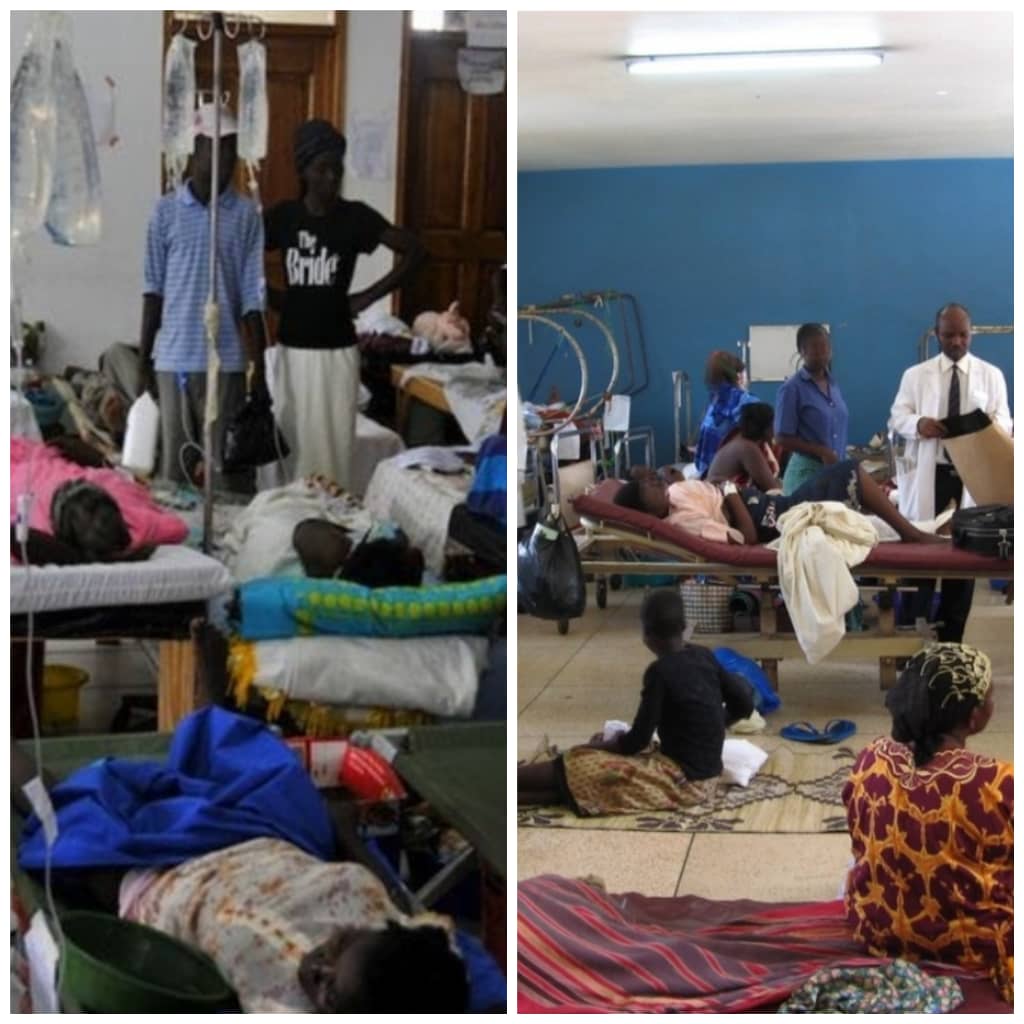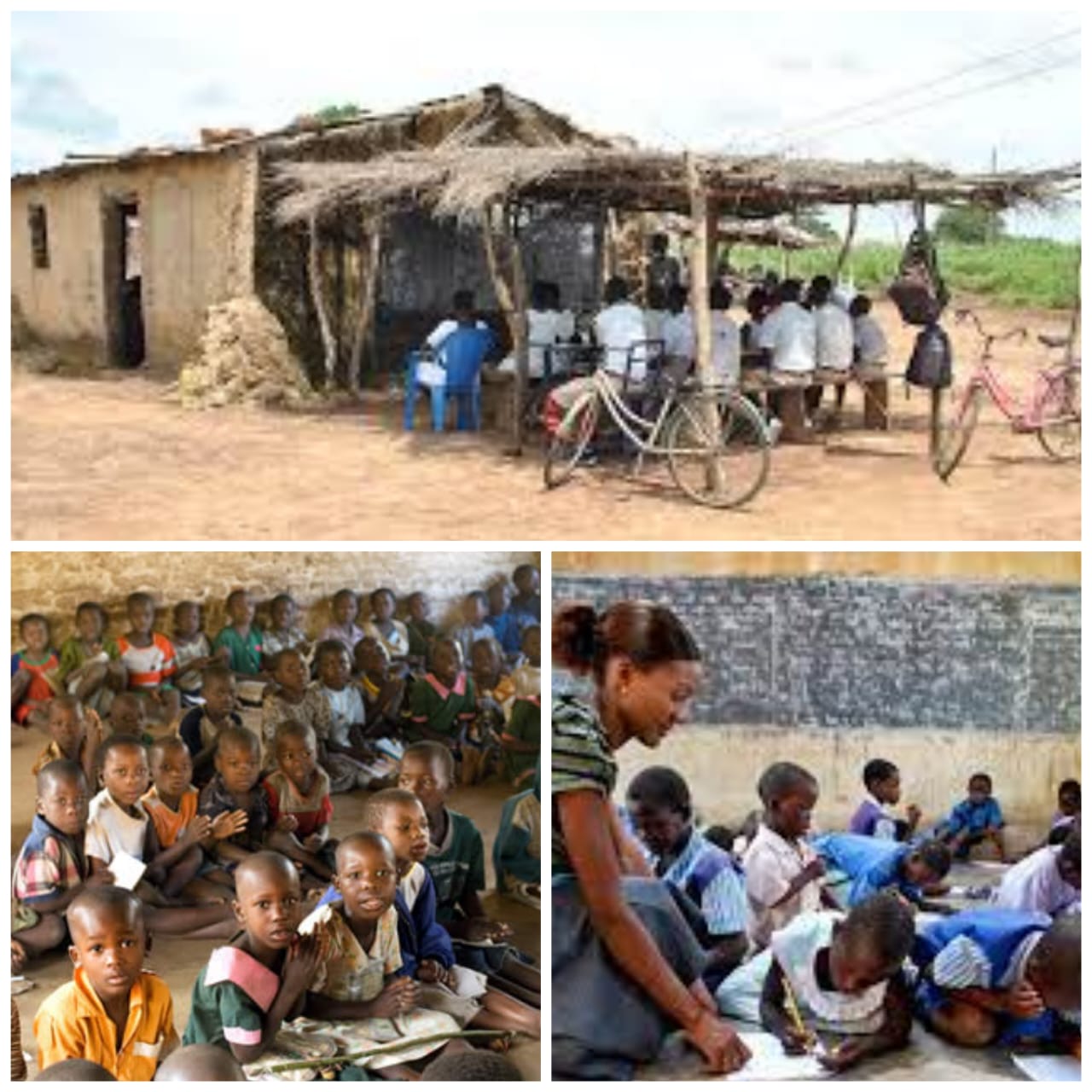
Friendship with vigilance is the clarion call each Ghanaian immigration officer is expected to uphold. This is no light work, no easy task, and never a walkover mission.
The Immigration Service has two categories of officers: commissioned officers and non-commissioned officers. They both are plagued with a plethora of Gordian knots when enforcing their duties while living their private lives simultaneously. However, I will shed some light on what being a junior officer in the Ghana Immigration Service entails.
To set the ball rolling, each successful candidate who is recruited into the Ghana Immigration Service compulsorily undergoes six months of basic training at the Assin Fosu or Tepa Immigration Training School. The first few months are likened to a complex maze consisting of daunting tasks that shape the lives of these soon-to-be junior officers. Trainees undergo vigorous physical and mental exercises that tend to build their personal confidence, raise their fitness levels, and inspire a feeling of the can-do-it spirit. This phase of their immigration lives is sometimes saddled with pain and disappointment and, at other times, with great joy and a sense of pride. Trainees meet people from diverse backgrounds who have different faiths or belief systems, varying levels of discipline, and various shades of socialization. However, the junior officers, at the end of their training, learn to coexist with all these people, helping them be prepared enough for work on the field itself.
Secondly, junior officers who complete their training programs are posted across the length and breadth of our beloved motherland. The call to serve at all times means a lot of junior officers will have to adapt to newer environments. Typical ‘dadabees’ who might have spent all their lives in the plush estates of Accra, Kumasi, or Takoradi will have to live far away in a small, less-developed area like Akaa in the Yilo Krobor District (no disrespect intended). (S) He must adapt to a daily life of hassle—poor call network service, erratic internet service, lack of access to proper healthcare, and a general departure from the urban nightlife. These conditions have a psychological toll on some junior officers, yet they are not financially compensated for the stress. Being a junior officer is no child’s play, especially when you are transferred to areas with a lot of logistical constraints.
Another plight of a junior officer within the immigration service is the inadequate supply of working uniforms. All officers are expected to look their best whenever they report to work. However, the weather and environmental conditions of some work areas make it difficult for these officers to be up there. The dusty roads, the bad potability of water, and levels of pollution force officers to look dirty and usually unkempt. Uniforms are sparringly kitted out for junior officers, who only have the first uniforms and camouflage as their working gear, creating a great contrast when juxtaposed with their colleague commissioned officers.
There is much being done to ameliorate the plight and status of serving junior officers in Ghana Immigration, but more can be done. The Comptroller-General, Lawyer Kwame Asuah Takyi, is so far doing a yeoman’s job, but as Oliver Twist consistently echoes, the junior officers want more.
The plight of the senior officers is coming soon.
�









Бренд легендарный дом моды Balmain — это воплощение изысканности и аристократической утончённости. Созданный в 1945 году Пьером Бальманом, он быстро стал лидера среди фэшн-индустрии. Сегодня Balmain производит популярные коллекции одежды и аксессуары, передающие дух глобального стиля, но оставляющие исторические корни бренда.
https://balmain1.ru/balmain/381-kak-otlichit-originalnyy-balmain-ot-poddelki/